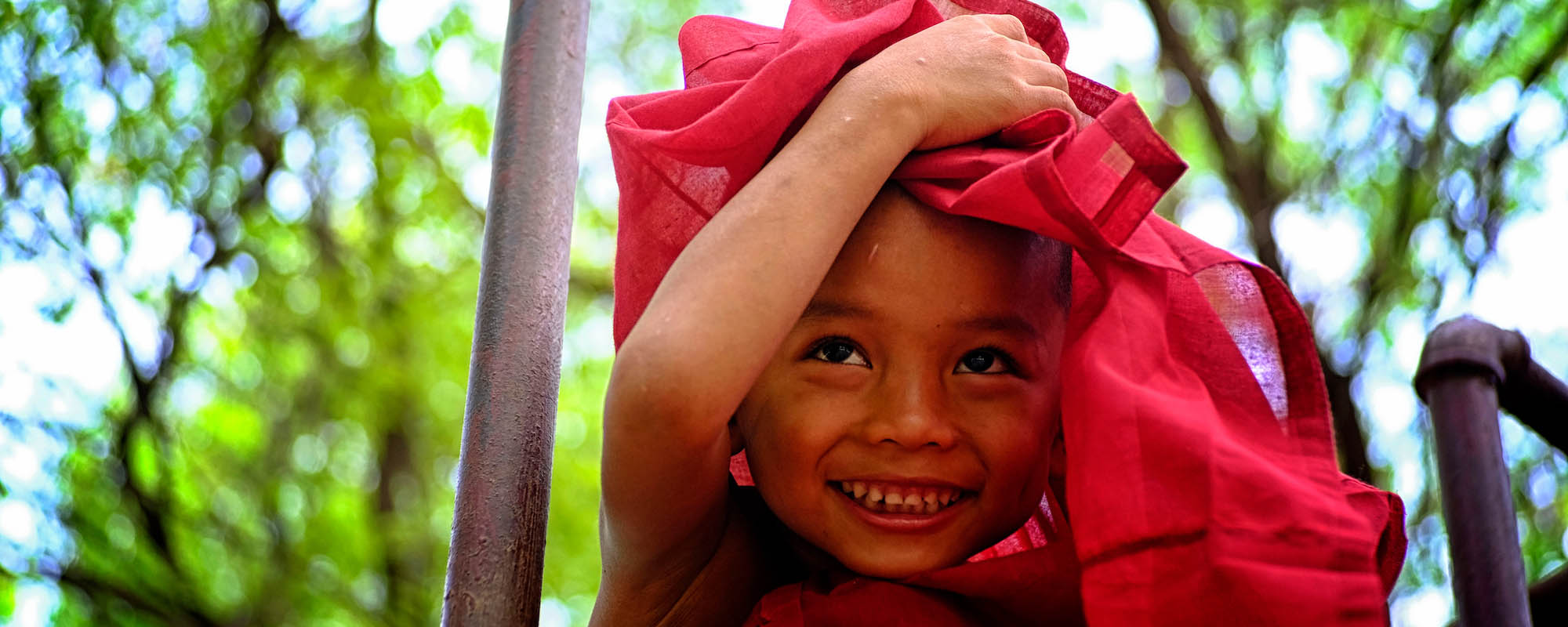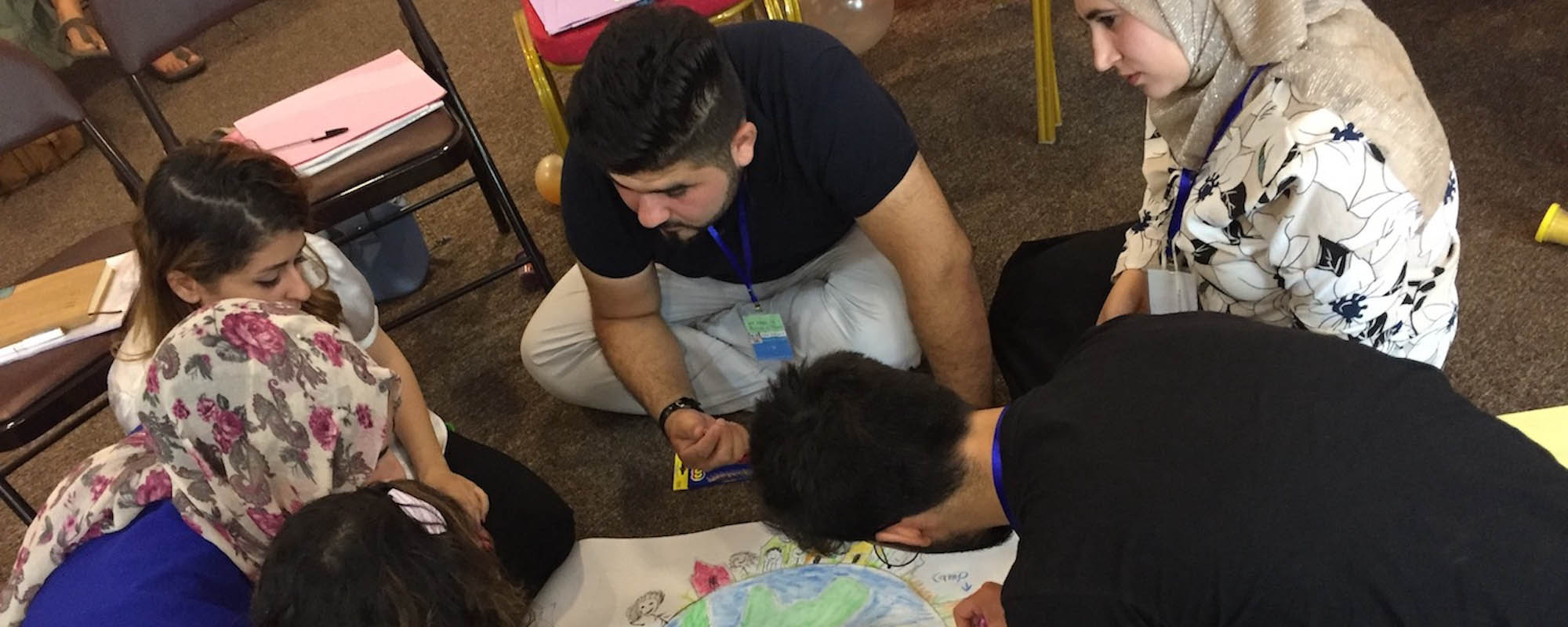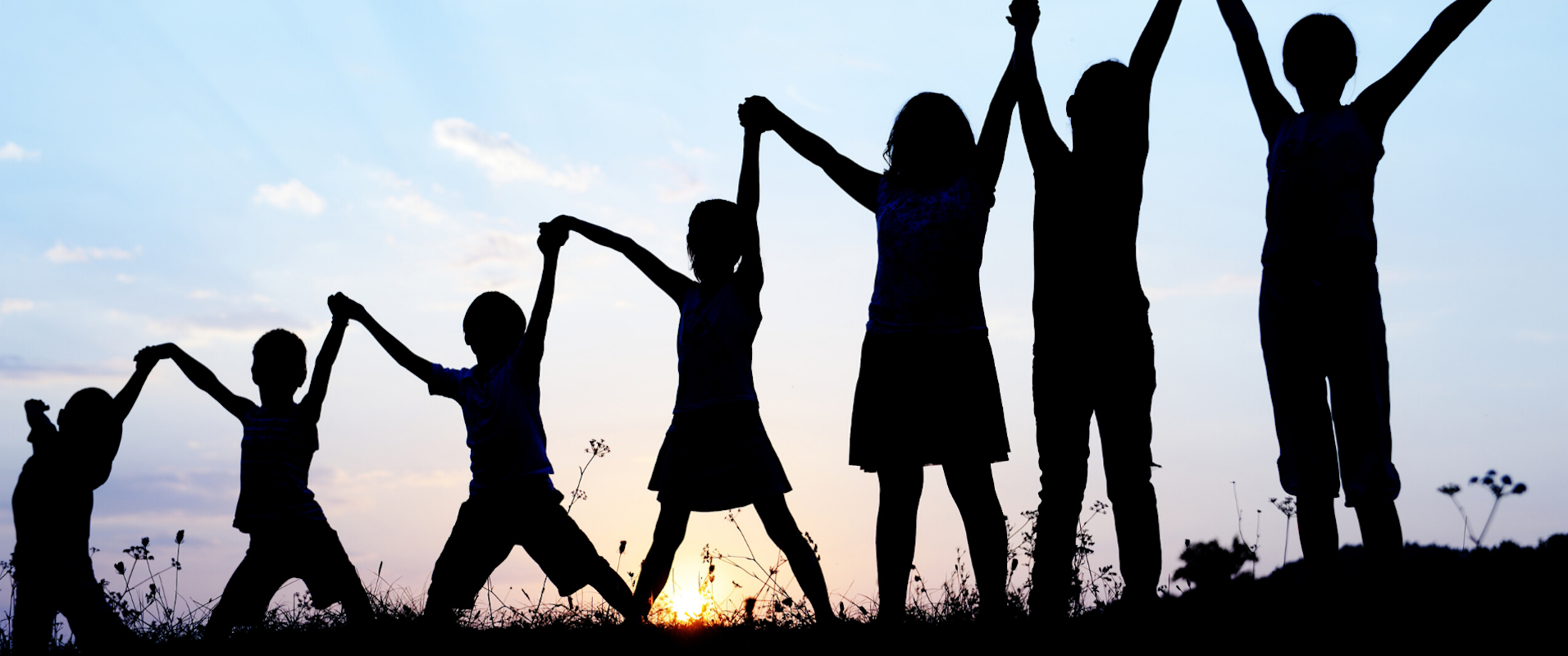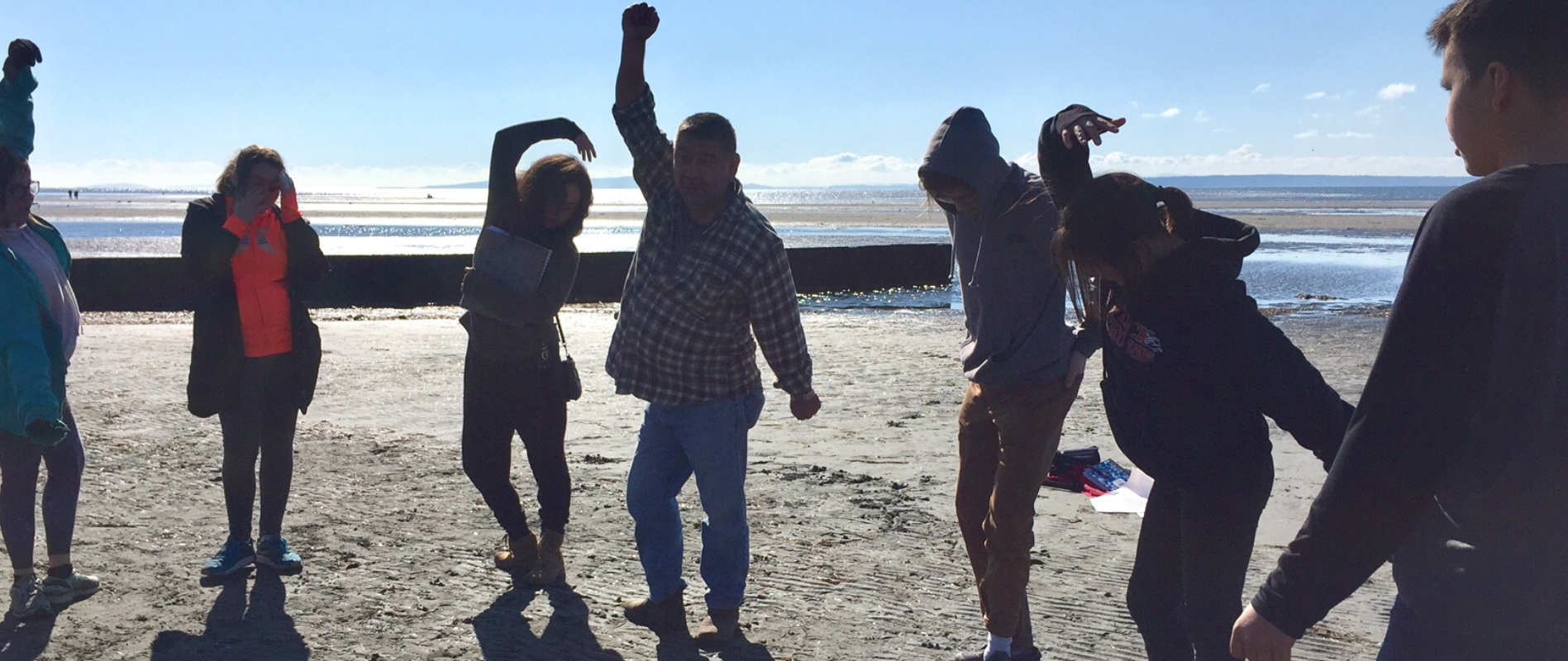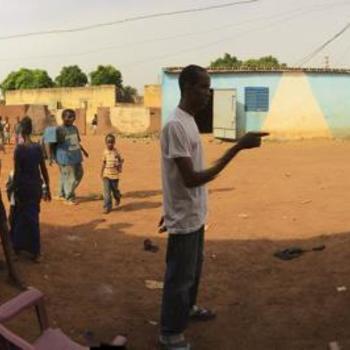
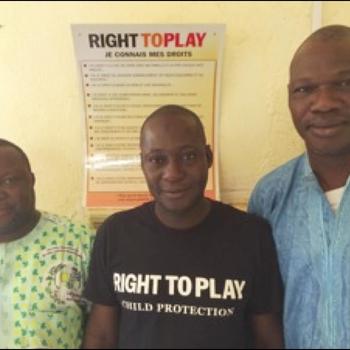
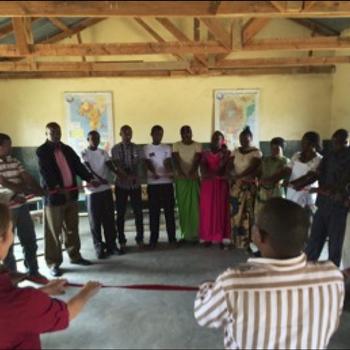
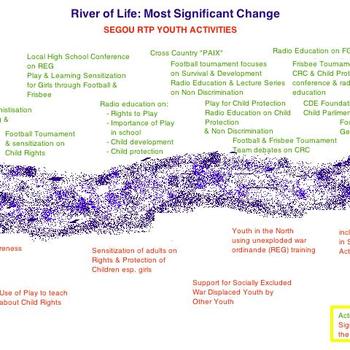
“I have reclaimed a part of myself I thought I had lost”
Education and play can be powerful entry points for protecting children affected by armed conflict. The opportunities to access humanistic quality education are threatened significantly in times of conflict, violence, and disaster. Children and youth who are most vulnerable, especially girls, are in great need of human centred play and education. This research focused on a review of a model of play-based education for conflict affected children in Mali, through the experience of Right To Play (Right to Play), a global leader in play-based experiential humanistic learning. The research is grounded in an ecological theory of understanding of play, education, human development and wellbeing. The context for the research was a NORAD funded Right to Play program supporting conflict affected children and their families in Mali. Right To Play is implementing Sport and Play for Children’s Education in Conflict Affected Settings in both formal and informal learning settings. Activities focus on supporting marginalized children, especially girls, to engage in quality education. The project works within refugee settlements and local communities to provide quality education to in- and out-of-school children. Right To Play’s child safeguarding model is fundamental to the program approach in order to ensuring safe and protective environments for children.
The research conducted with children and their communities in Ségou and Bamako highlights a number of important contributions that Right to Play programs are making to improve developmental outcomes for vulnerable children affected by the conflict in Mali. Equally important, they also highlight wider impact across children’s social ecologies (e.g. family, community, schools, and government) in ways that are important as they strengthen formal and non-formal systems of protection for very vulnerable children. Current Right To Play monitoring tools, focusing primarily on individual developmental outcomes while useful in assessing program impact on the child, may not be capturing the richness and benefits of program interventions in reinforcing key instrumental actors who can secondarily support positive developmental outcomes, including child protection. The unique dimensions of play (both organized sports and free play), uncovered in this research, are shown to be reducing childhood risks and enhancing protective factors, and point to a significant contribution that Right To Play can make to the global child protection discourse. This is pertinent both in regards to humanitarian interventions, such as the focus of this research, and more broadly across development contexts. At its core, the results highlight the inherently human potential in recognizing play as a key driver in mitigating the effects of trauma induced by the hardships of war and forced displacement, and in promoting child recovery, resilience and flourishing.
In the Mali humanitarian context, Right To Play’s interventions are helping children who have directly experienced violence and other harms in various forms, as well as ameliorating some of the secondary risks associated with displacement and having to start a new life far from their homes, often in context of increased poverty, social isolation and in some cases discrimination. IICRD’s experience is that the process of adding an experiential component at the outset of playful, reflective activities strengthens young people’s intentionality in the resulting action. This coupled with the rights based themes of the actions heightens young people’s natural capacity for social engagement grounded in wise compassion. It also allows for play and rigorous research to be co-joined. Finally, the collective empathetic, and self-selecting nature of these activities frequently result in direct therapeutic benefits to vulnerable children that likely play a role in their psychosocial recovery from conflict and other protection risk factors. The Right To Play Coaches observed in Mali showed great skill in fostering many of these life skills and qualities in the young participants. These skills could be further enhanced by intentionally integrating more experiential, mindful reflective activities in practice and providing them opportunities to develop knowledge and skills to carry out M&E activities.

